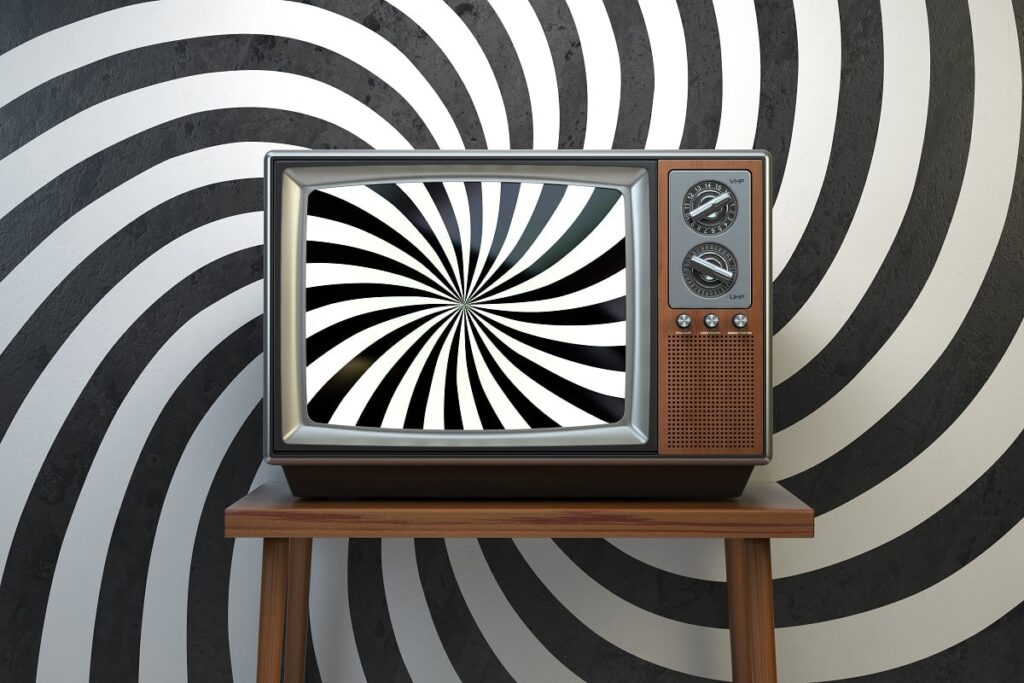The World of Cinema: Preserving the Past through Film Historians
The world of cinema is an ever-evolving one, with new films and filmmakers entering the scene every year. But what about the films of the past? How do we preserve and study them? This is where film historians come in. They are experts in the history of cinema, and their work is crucial in preserving the legacy of the films that came before us.
What is a Film Historian?
A film historian is someone who studies the history of cinema, including the films, the filmmakers, and the industry as a whole. They are experts in the art and science of filmmaking, and they use their knowledge to analyze and interpret films from different eras.
Film historians work in a variety of settings, including museums, universities, and archives. They may also work as consultants for film studios, helping them to accurately portray historical events and periods in their films.
What Does a Film Historian Do?
The duties of a film historian can vary greatly depending on their specific job and area of expertise. However, some common tasks include:
- Researching and analyzing films from different eras
- Writing articles and books about the history of cinema
- Teaching courses on film history at universities and other institutions
- Curating film screenings and exhibitions
- Consulting with filmmakers and studios on historical accuracy in films
- Preserving and restoring old films and footage
How to Become a Film Historian
Becoming a film historian typically requires a combination of education and experience. Here are some steps you can take to pursue this career path:
- Earn a Bachelor’s Degree: While there is no specific degree required to become a film historian, a Bachelor’s degree in film studies, history, or a related field is a good place to start. This will provide you with a solid foundation in the history of cinema and the skills needed to analyze and interpret films.
- Gain Experience: Experience is key in the world of film history. Look for internships or entry-level positions at museums, archives, or film studios. This will give you the opportunity to learn from experienced professionals and gain hands-on experience in the field.
- Consider Graduate School: Many film historians have a Master’s or Ph.D. degree in film studies, history, or a related field. This can help you specialize your knowledge and make you a more competitive candidate for jobs in the field.
- Network: Networking is crucial in any industry, and film history is no exception. Attend conferences and events related to film history, join professional organizations, and connect with others in the field through social media and other online platforms.
Skills Needed to Succeed as a Film Historian
To succeed as a film historian, you’ll need a combination of technical knowledge and soft skills. Here are some of the most important skills for this career:
- Knowledge of Film History and Theory: As a film historian, you’ll need to have a deep understanding of the history of cinema and the theories behind it. This includes knowledge of different film genres, styles, and movements.
- Research and Analytical Skills: Research and analysis are key components of a film historian’s job. You’ll need to be able to find and interpret information from a variety of sources, including film archives, academic journals, and primary sources.
- Writing and Communication Skills: Film historians often write articles and books about their research. You’ll need strong writing skills to communicate your ideas effectively. You’ll also need to be able to communicate your research findings to a variety of audiences, including students, filmmakers, and the general public.
- Attention to Detail: Preserving and restoring old films requires a high level of attention to detail. You’ll need to be able to identify and correct issues with film quality, sound, and other technical aspects.
Key Takeaways
Film historians play a vital role in preserving the rich history of cinema. Here are the key takeaways from this article:
- Film historians are experts in the history of cinema, analyzing and interpreting films from different eras.
- Earning a Bachelor’s degree in film studies, history, or a related field is a good starting point.
- Gaining hands-on experience through internships and entry-level positions is crucial.
- Consider pursuing a Master’s or Ph.D. degree to specialize your knowledge.
- Networking is important for making connections and staying up-to-date in the field.
- Skills required include a deep knowledge of film history and theory, strong research and analytical abilities, effective writing and communication skills, and attention to detail.
If you’re interested in pursuing a career in film history, consider taking the NYU Film and TV Industry Essentials online course and certificate program to gain a solid foundation in the industry and enhance your credentials.




